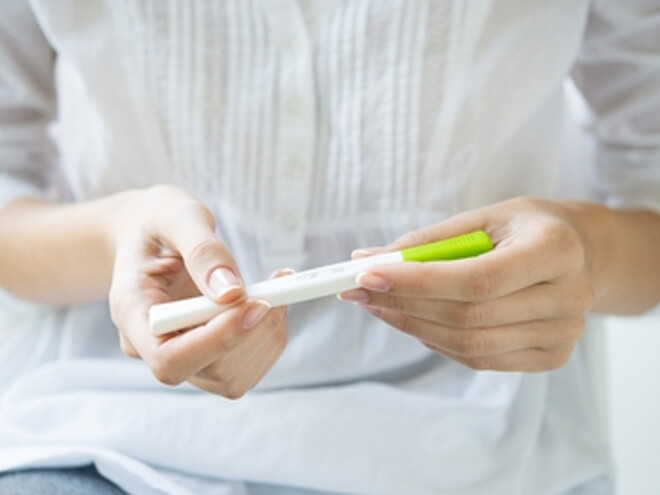
When Does Pregnancy Occur?
How Soon Can You Tell If You're Pregnant?
A woman can technically get pregnant during six particular days of each cycle, i.e. the five days prior to ovulation and the 24 hours aftermath, that’s because a sperm can survive in a woman’s body for up to 5 days, whilst an egg has a lifespan of only 24 hours.
So the secret to knowing when to get pregnant is to determine the ovulation day, which can be quite tricky, as it doesn’t occur at the exact same time each cycle.
Once the timing of the ovulation day and peak fertility are determined, a woman has to have sex with her husband. During intercourse, millions of sperms ejaculated in her vagina will swim through the uterus to meet the mature egg released by her ovary. Conception occurs when one of the sperms makes its way and meets the egg.
Ten days after conception, the fertilized egg travels down the fallopian tube into the uterus where it implants itself in the uterine lining.
Until implantation takes place, a woman remains unaware of her fertilized egg. Pregnancy tests at this point are inefficient and may not give her a positive result.
Home tests can’t actually detect pregnancy before 3 weeks of conception and urine tests only give accurate results 24 hours after a missed period (knowing that a period is considered missed when it skips an entire cycle).
So the next time you think about trying to get pregnant and make a small family of your own, consider calculating your ovulation period and timing your intercourse accordingly!
Read More: What To Do After A Positive Pregnancy Test?

